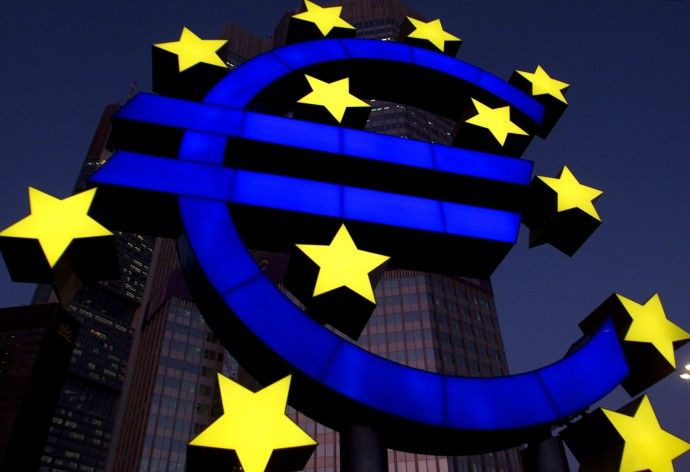Inflation accelerating in Europe; Romania at 7.9 percent

Inflation is heating up in Europe.
Basic economic theory tells us that loose monetary policy leads to inflation.
In the aftermath of the global financial crisis, central banks around the world cut interest rates to unprecedented levels in a concerted effort to stabilized the global financial system. Inflation did not immediately follow because of the severity of the economic recession. However, as some economists correctly predicted, it was only a matter of time.
Inflation first reared its head in high-flying emerging market economies like India and China. Now, it has come to Europe. The US is also showing incipient signs of inflation and may soon be hit with this problem.
Below are the European countries that have the highest inflation, as of December 2010. Those marked with an asterisk (*) use the euro currency, which still carries a historically low interest rate. For these euro zone countries with high inflation, the optimal interest rate is probably higher than the European Central Bank’s 1 percent.
Romania 7.9 percent
Estonia 5.4 percent
Greece* 5.2 percent
Hungary 4.6 percent
Bulgaria 4.4 percent
Malta * 4.0 percent
Lithuania 3.6 percent
Belgium 3.4 percent
Luxembourg* 3.1 percent
Poland 2.9 percent
The euro zone, as a whole, has inflation of 2.2 percent. The European Union is at 2.6 percent. The main drivers of inflation in the euro zone are:
1) Transportation at 5.3 percent
2) Housing, electricity, gas and other fuels at 3.8 percent
Email Hao Li at hao.li@ibtimes.com
Click here to follow the IBTIMES Global Markets page on Facebook.
Click here to read recent articles by Hao Li.
© Copyright IBTimes 2024. All rights reserved.



















